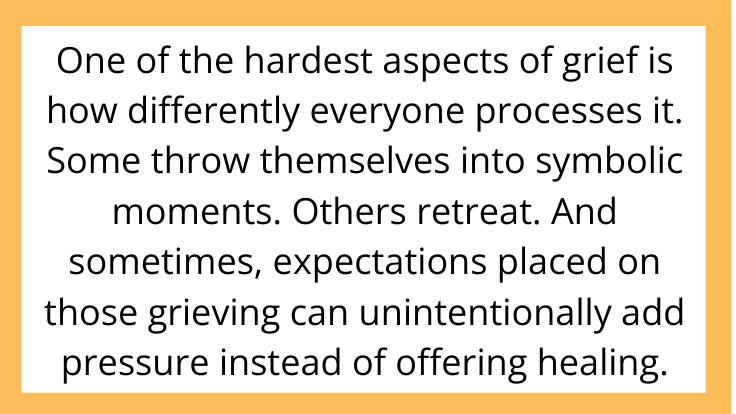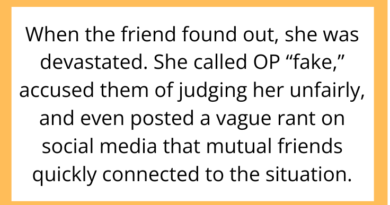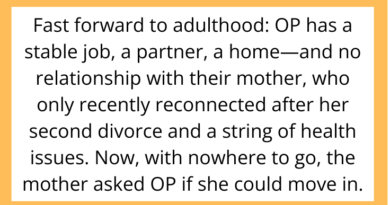AITAH for Refusing to Walk My Brother’s Fiancée Down the Aisle After Our Dad Passed?
Weddings are emotional events, often layered with family dynamics, grief, and high expectations. But what happens when you’re asked to fill a role you’re not comfortable with—and saying no turns you into the villain?
This dilemma unfolded in a recent r/AITAH post, where the original poster (OP) asked if they were in the wrong for refusing to walk their brother’s fiancée down the aisle after their father passed away. What seemed like a simple request turned into a deeply personal conflict, and Reddit had plenty to say.
Let’s break it down.
The Situation: A Meaningful Gesture or Too Much to Ask?

OP explained that their father had recently passed away just months before their brother’s wedding. With emotions still raw, the bride-to-be asked OP to walk her down the aisle in his place. The idea was that since she had no close relationship with her own father, and the groom’s family had become like a second family, it would be a symbolic and touching tribute.
OP, however, declined. They felt it would be too emotionally overwhelming so soon after their father’s passing and didn’t feel comfortable stepping into a role that, to them, symbolized something they hadn’t consented to. The bride was hurt. The brother was disappointed. Other family members started whispering about how OP was “making it about them.”
But was this an act of cruelty—or self-protection?
The Fine Line Between Grief and Obligation
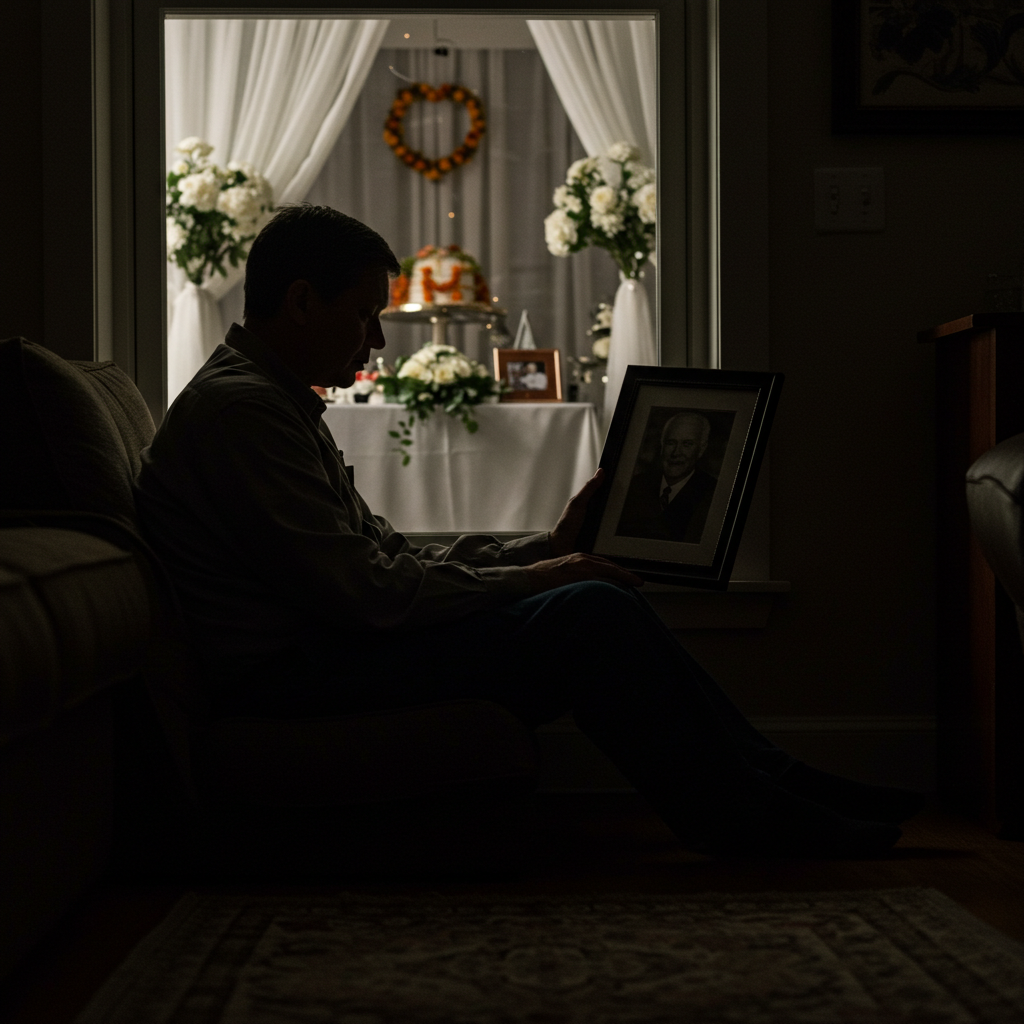
One of the hardest aspects of grief is how differently everyone processes it. Some throw themselves into symbolic moments. Others retreat. And sometimes, expectations placed on those grieving can unintentionally add pressure instead of offering healing.
Here’s what OP was likely dealing with:
-
Emotional burnout: Being asked to perform a major role during a deeply painful time.
-
Lack of consent: The expectation came with emotional baggage but not a real conversation.
-
Symbolic weight: Walking someone down the aisle isn’t just logistical—it carries major meaning.
Declining doesn’t necessarily mean a lack of love. It can simply mean, “I’m not ready.”
Why Some People Viewed OP as the Villain
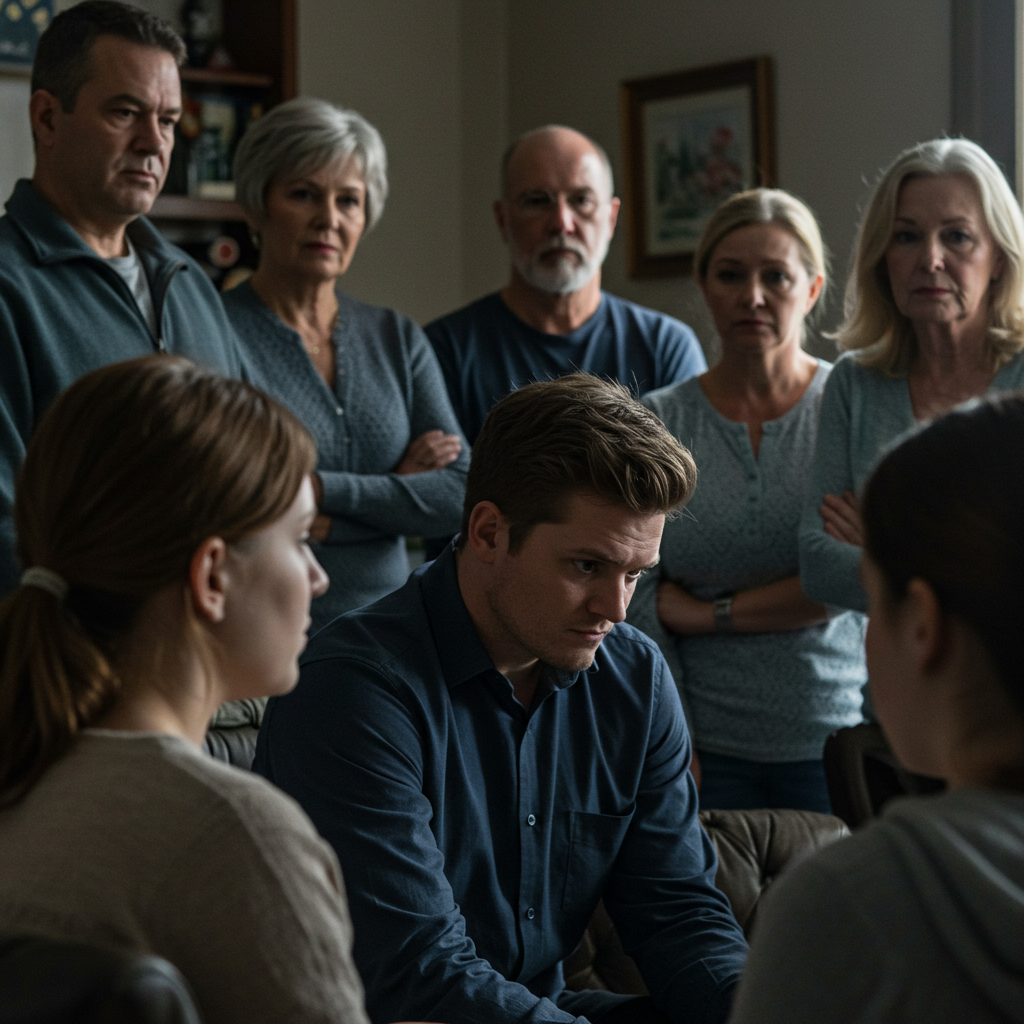
To many, family means showing up—even when it hurts. The bride and groom may have seen OP’s refusal as cold or even disrespectful. Social expectations often pressure us to say yes to emotional requests without fully considering how they impact our own well-being.
Common reactions included:
-
“It’s not about you—it’s her day.”
-
“Your dad would’ve wanted you to do it.”
-
“You’re punishing her for your grief.”
But is self-sacrifice always the noble thing to do?
Saying No Doesn’t Make You the Bad Guy

There’s a difference between being selfish and setting boundaries. OP didn’t sabotage the wedding. They didn’t make a scene. They simply said no to a role that didn’t feel right for them. That’s not malice—that’s self-awareness.
Here are a few things to consider in similar situations:
-
Check your emotional bandwidth. If it feels like too much, it probably is.
-
Offer alternatives. A heartfelt toast, a letter, or support in other ways can still honor someone without stepping outside your comfort zone.
-
Communicate honestly. Explain why you’re saying no without blaming or dismissing the other person’s feelings.
-
Don’t apologize for your limits. Setting boundaries doesn’t require guilt.
Community Reaction: A Mixed Bag

The Reddit thread was split—some commenters empathized with OP completely, validating the choice to prioritize emotional health. Others felt OP could’ve made the gesture for the sake of family unity and healing.
One insightful comment read: “You’re not wrong to say no, but it’s how you say it that determines whether you’re the asshole.”
That sums it up well.
Final Thoughts: Weddings, Grief, and the Power of Choice
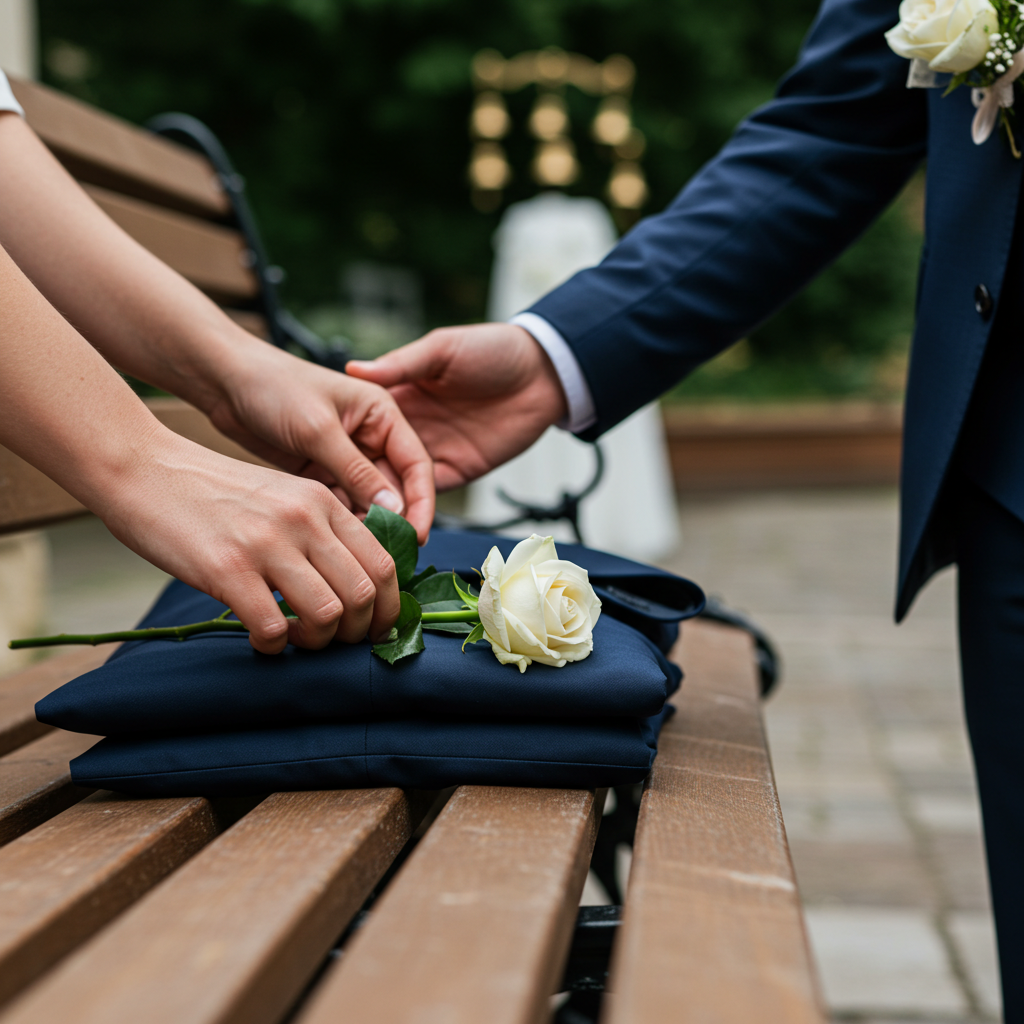
Weddings bring out intense emotions—especially when they follow a loss. People crave connection, symbols, and moments of unity. But that doesn’t mean every request is automatically fair.
OP’s story reminds us that even in life’s most emotional moments, consent and comfort still matter.
So, AITAH for saying no?
